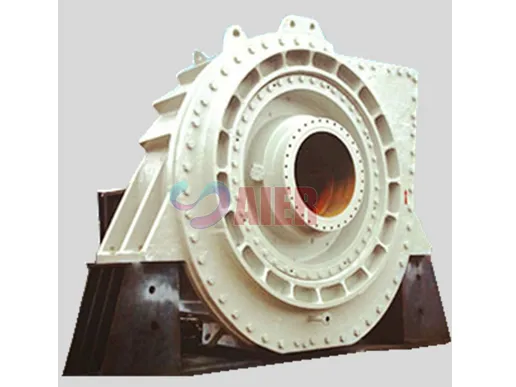ಆಕ್ಟೋ . 22, 2024 11:18 Back to list
Suppliers of Rubber Impellers for High-Performance Slurry Pumps
Rubber Impellers for Slurry Pump Suppliers Key Considerations and Advantages
Rubber impellers are integral components in slurry pumps, which are designed to handle abrasive and corrosive materials in various industries, including mining, construction, and wastewater treatment. When selecting a supplier for rubber impellers, it is crucial to understand the material’s benefits, the types of rubber used, and the key factors to consider during the procurement process.
The Importance of Rubber Impellers
Rubber impellers offer several advantages over their metal counterparts, especially in slurry applications. One of the primary benefits is the inherent elasticity of rubber, which allows for greater flexibility and resilience. This flexibility helps in reducing wear and tear caused by abrasive particles found in slurries, thereby extending the service life of the pump. Moreover, rubber impellers can provide excellent sealing properties, minimizing the risk of leakage and ensuring that the slurry remains contained during transportation.
In addition to durability, rubber impellers are lighter than metal impellers, which can reduce the overall weight of the pump. This aspect can lead to savings in transportation and installation costs, particularly in large-scale projects where equipment mobility is critical. Furthermore, rubber impellers typically exhibit better performance when handling corrosive materials, making them ideal for environments where chemical resistance is necessary.
Types of Rubber Used in Impeller Manufacturing
The performance of rubber impellers can be greatly influenced by the type of rubber used in their construction. Common types include natural rubber, neoprene, polyurethane, and nitrile rubber. Each type has its unique properties
- Natural Rubber Known for its excellent abrasion resistance and elasticity, natural rubber is often used in applications where flexibility is essential. - Neoprene This synthetic rubber is renowned for its resistance to oil, chemicals, and temperature fluctuations, making it suitable for harsher environments. - Polyurethane Offering high wear resistance and tear strength, polyurethane rubber impellers can handle aggressive slurries more effectively than some traditional materials. - Nitrile Rubber This type is particularly effective in applications where exposure to oils and fuels is a concern, providing a good balance of energy efficiency and abrasion resistance.
Key Considerations When Choosing Suppliers
rubber impeller for slurry pump suppliers

When looking for reliable suppliers for rubber impellers for slurry pumps, several factors come into play
1. Quality of Materials It is essential to evaluate the quality of the rubber used. Reliable suppliers will provide certifications and test results to ensure that their products meet industry standards.
2. Customization Options Different applications may require unique specifications. Suppliers who offer customization options can cater to specific needs, such as size, shape, and rubber formulation.
3. Experience and Reputation Suppliers with extensive experience in the industry are more likely to understand the intricacies of slurry pump applications. A good reputation, backed by customer testimonials, can be a reliable indicator of the supplier's quality.
4. Post-Sales Support Quality customer service and support are crucial. Suppliers who provide thorough guidance on installation, maintenance, and troubleshooting can save customers time and money down the line.
5. Cost Competitiveness While it is important not to compromise on quality, it is also essential to find suppliers who offer competitive pricing. This helps in maintaining project budgets without sacrificing performance.
Conclusion
In the realm of slurry pumps, rubber impellers present a versatile and effective solution for handling challenging materials. By understanding the advantages of rubber materials, recognizing the importance of supplier selection, and considering the specific needs of their applications, businesses can ensure optimal performance and longevity of their slurry pump systems. As industries continue to evolve, the need for reliable and high-quality rubber impellers will remain paramount, making the choice of supplier a critical decision for many companies.
-
Top Submersible Pump Companies High Quality Manufacturers & Suppliers in China
NewsJul.08,2025
-
High Quality Seal for 5 Inch Dredge Pump Reliable China Manufacturer & Supplier
NewsJul.08,2025
-
High-Efficiency Slurry Sand Pump from Leading China Manufacturer – Durable & Reliable Solutions
NewsJul.07,2025
-
High-Quality Slurry Pump Made in China Durable Steel Mill Slurry Pump & Parts
NewsJul.07,2025
-
High Quality Excavator Dredge Pump Manufacturer & Suppliers from China – Reliable, Durable, Efficient Solutions
NewsJul.07,2025
-
Wholesale Slurry Pump Closed Impeller Supplier High Efficiency China Slurry Pump Closed Impeller
NewsJul.06,2025
